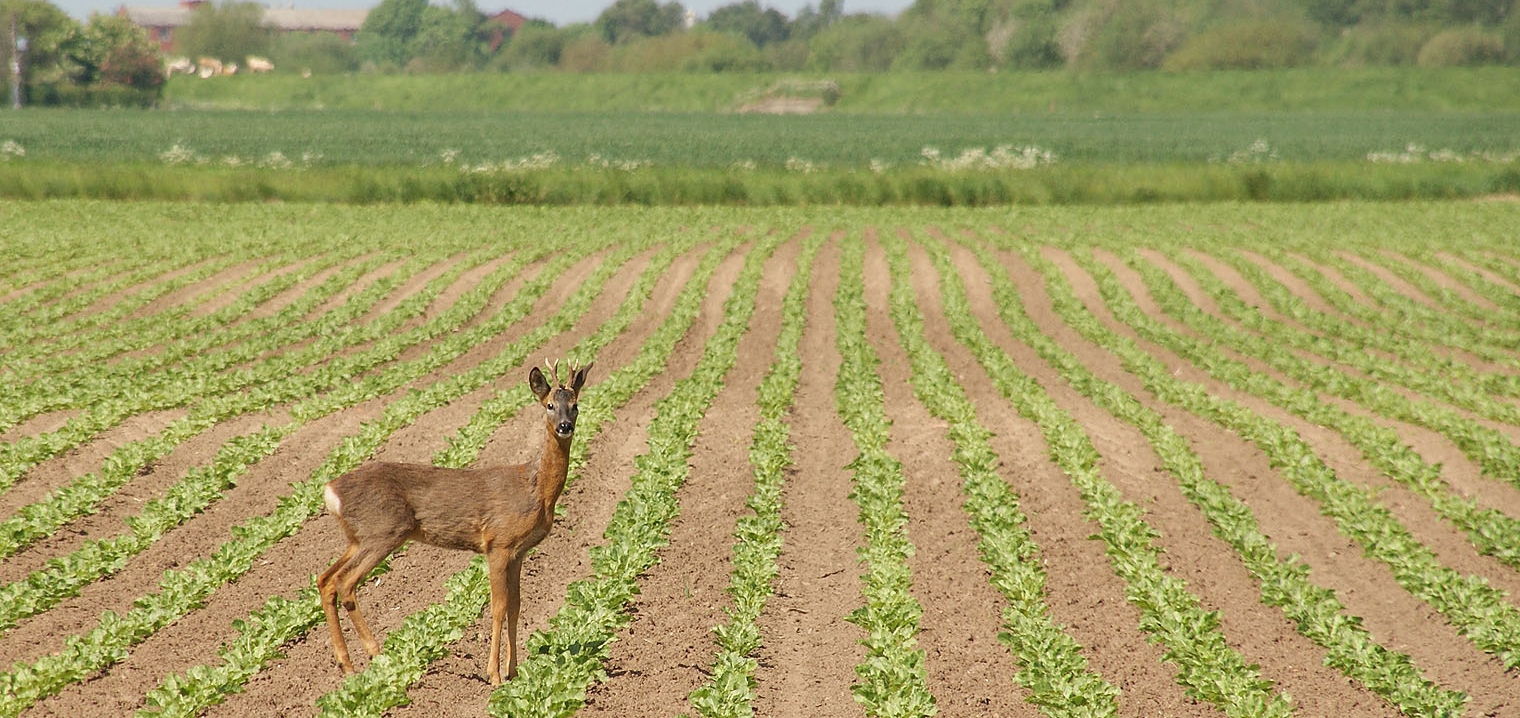
Regenerative Agriculture
Regenerative agriculture is essential within the Rebuilding Nature Strategic Nature Network (SNN) because it integrates food production with nature recovery, ensuring that land remains productive while restoring ecosystems, enhancing biodiversity, and supporting climate resilience.
Farming has always shaped the landscape, but the way we manage land today will determine its ability to support food production, biodiversity, and climate resilience in the years ahead. By restoring soil health, protecting ecosystems, and reducing reliance on costly inputs, we can ensure that farming remains productive while delivering benefits for nature. With growing financial support through government schemes and private markets, there are more opportunities than ever to make nature-friendly farming a core part of land management. Rebuilding Nature is about making these opportunities work - ensuring they are accessible, practical, and financially feasible for every farm.
Here's why regenerative agriculture plays a key role in the SNN
Restoring Soil Health & Carbon Sequestration
- Healthy soils are critical for both agriculture and carbon storage. Regenerative practices like cover cropping, reduced tillage, and agroforestry improve soil organic matter, helping land sequester carbon and enhance fertility.
- This aligns with SNN’s goal of delivering 30% of the UK’s emissions reductions by 2030 through nature-based solutions.
Enhancing Biodiversity & Landscape Connectivity
- Intensive farming has fragmented habitats, reducing pollinator populations and weakening ecosystem resilience. Regenerative agriculture rebuilds biodiversity by incorporating wildlife corridors, hedgerows, and mixed cropping systems.
- SNN ensures that regenerative farms are part of a connected network of restored landscapes, maximizing biodiversity gains at scale.
Strengthening Climate & Water Resilience
- Extreme weather, soil erosion, and water shortages threaten food security. Regenerative methods improve water retention, prevent soil degradation, and reduce flood risks, making farms more climate-resilient.
- Within the SNN, regenerative farms act as buffer zones, enhancing natural flood management and reducing the impact of climate change on agriculture.
Unlocking Private Finance & Market Opportunities
- Regenerative agriculture can generate ecosystem services like biodiversity and carbon credits, creating new financial incentives for farmers.
- SNN provides the strategic framework to connect farmers with investors, ensuring long-term funding for nature-positive farming at scale.
Embedding Nature into the Food System
- The UK’s food system must shift towards sustainable production that works with nature, not against it.
- By integrating regenerative farming within SNN’s land-use planning, we ensure that food production, nature recovery, and carbon sequestration happen simultaneously rather than in competition.
